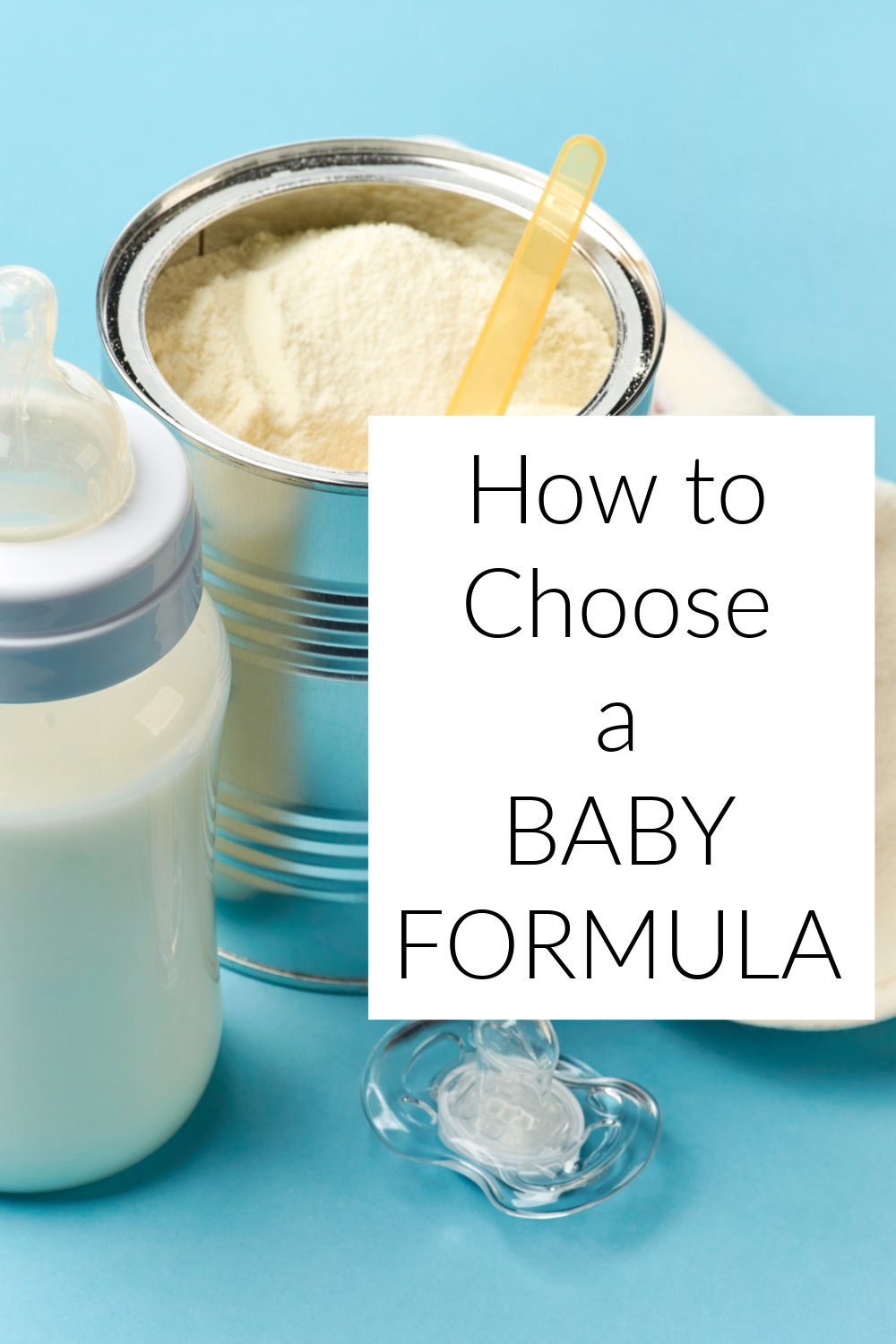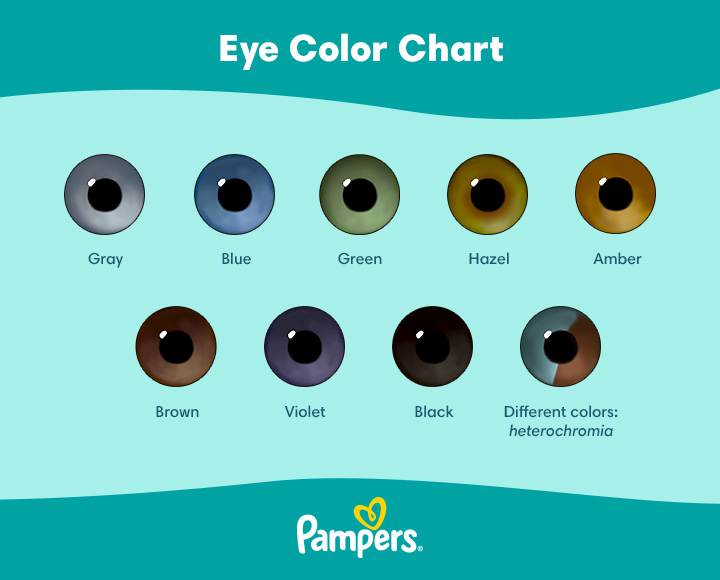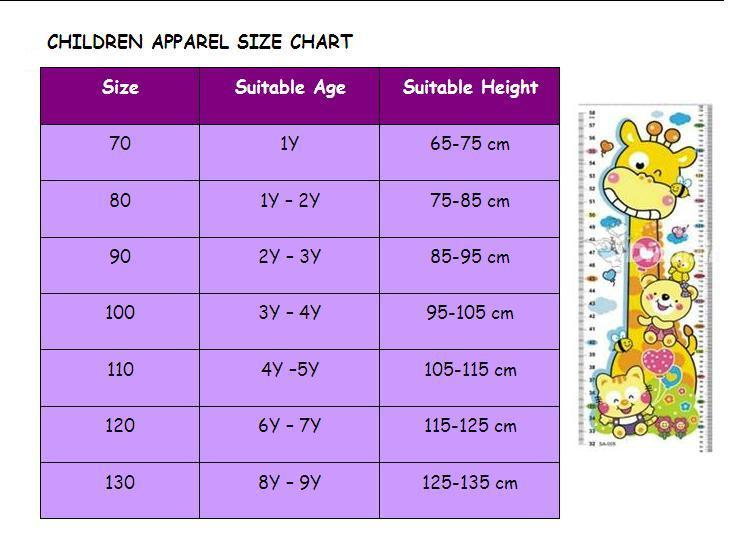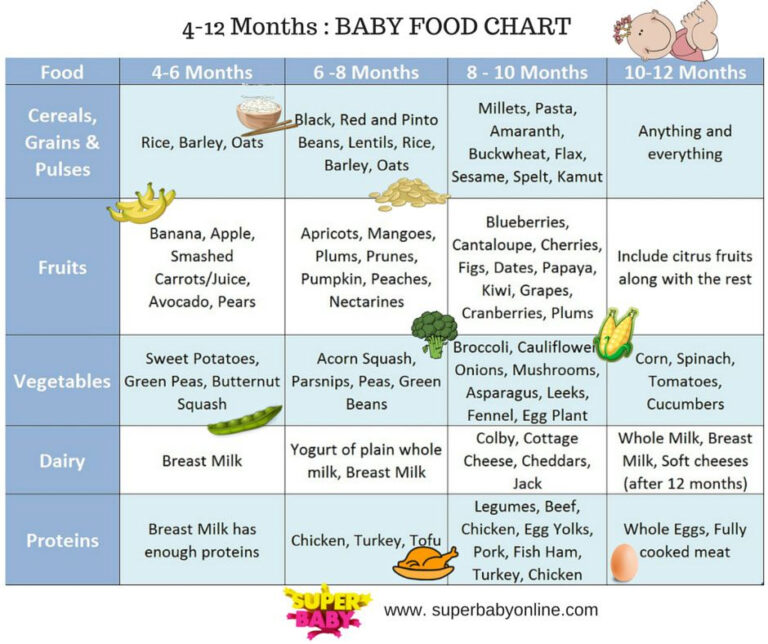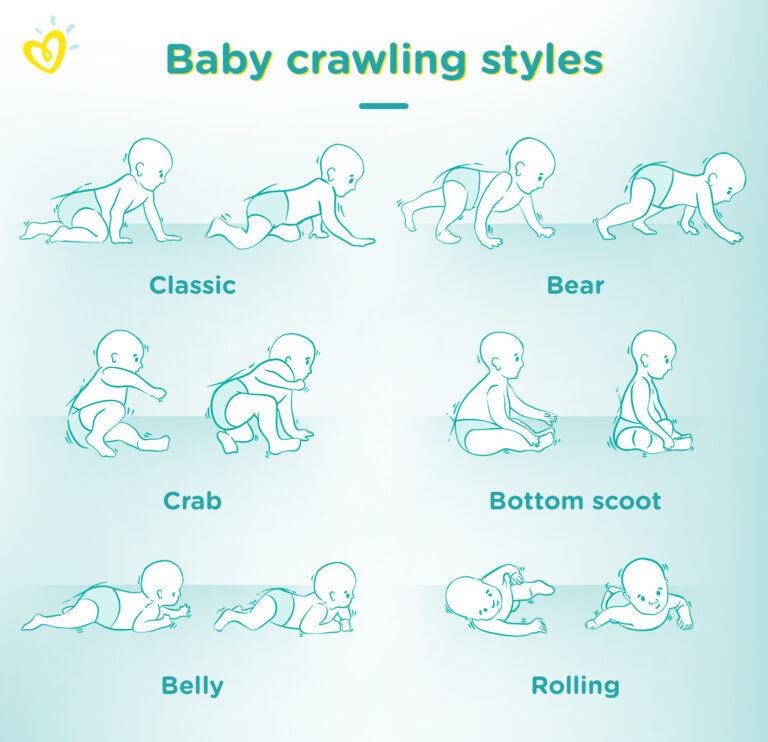How To Choose Baby Formula: A Comprehensive Guide
Choosing the right baby formula for your little one can be a daunting task. With so many options available in the market, it’s important to make an informed decision that meets your baby’s nutritional needs. In this article, we will discuss everything you need to know about how to choose baby formula.
Knowledge
When it comes to selecting baby formula, there are a few key factors to consider:
There are three main types of baby formula available: cow’s milk-based, soy-based, and hypoallergenic formula. Cow’s milk-based formula is the most commonly used and is suitable for most babies. Soy-based formula is an alternative for babies who are lactose intolerant or have a milk protein allergy. Hypoallergenic formula is designed for babies with severe allergies or sensitivities.
It’s important to check the nutritional content of the baby formula to ensure it meets your baby’s needs. Look for formulas that contain essential nutrients such as iron, calcium, and vitamins A, C, and D. Some formulas also contain prebiotics and probiotics to support your baby’s digestive health.
Baby formulas come in three forms: powder, liquid concentrate, and ready-to-feed. Powder formula is the most cost-effective option but requires mixing with water. Liquid concentrate formula is easier to prepare but more expensive. Ready-to-feed formula is the most convenient option but also the most expensive.
When choosing baby formula, consider the reputation of the brand. Look for established brands that have a good track record of producing high-quality, safe formulas. You can also read reviews from other parents to get an idea of their experiences with different brands.
Conclusion
Choosing the right baby formula is essential for your baby’s health and development. It’s important to consider factors such as the type of formula, nutritional content, form, and brand reputation when making your decision. Remember to consult with your pediatrician before making any changes to your baby’s diet.
In conclusion, the key strengths of a good baby formula are its nutritional content, ease of preparation, and brand reputation. The target audience for this article is parents who are looking to make an informed decision about choosing baby formula for their little ones.
Ultimately, choosing the right baby formula is a personal decision that should be based on your baby’s individual needs and preferences. By understanding the different types of formula available and considering factors such as nutritional content and brand reputation, you can make the best choice for your baby’s health and well-being.
